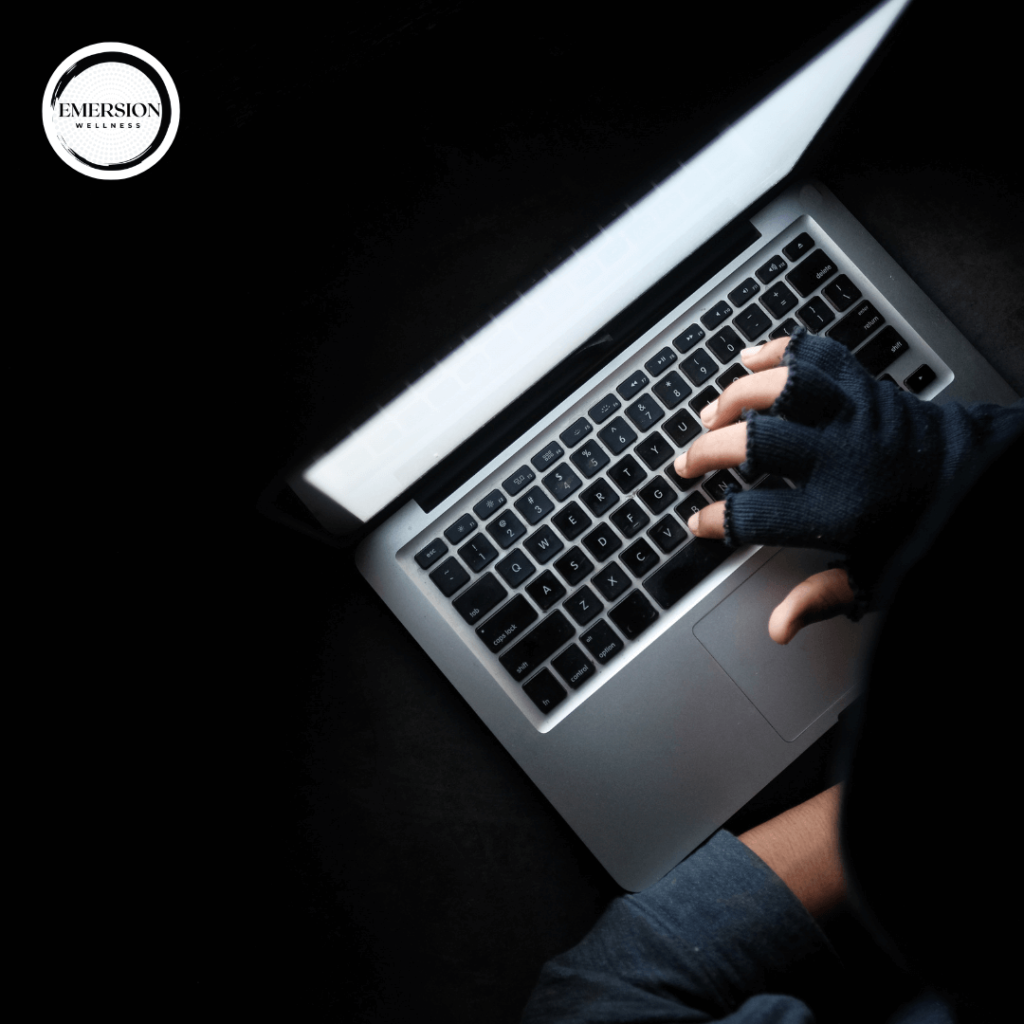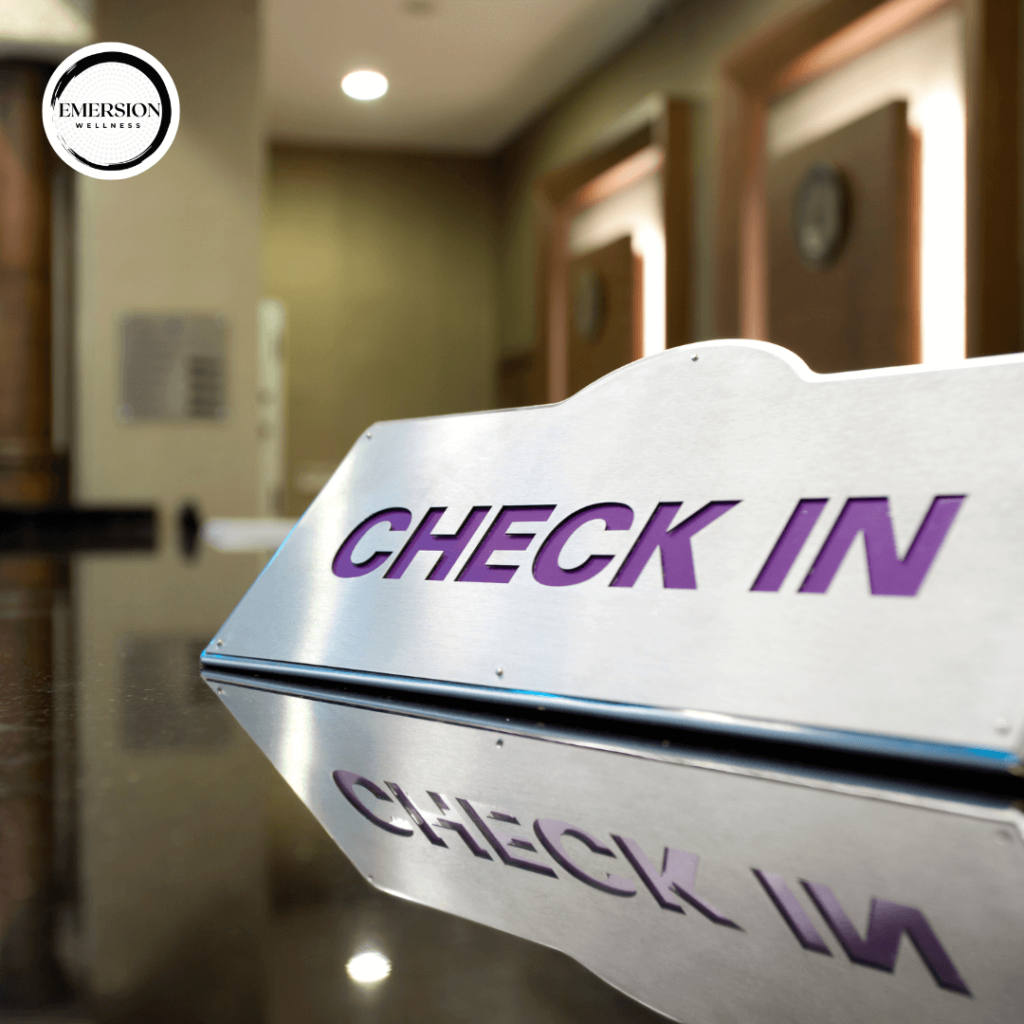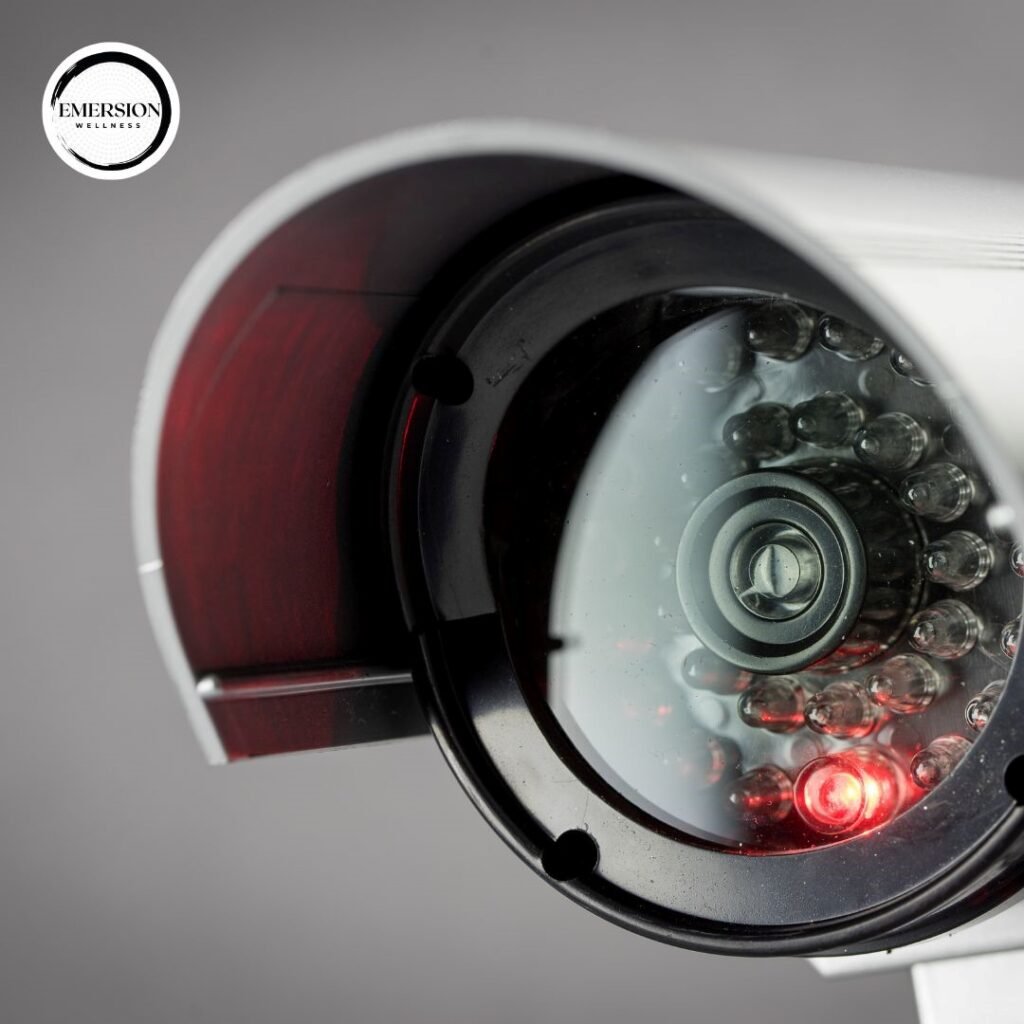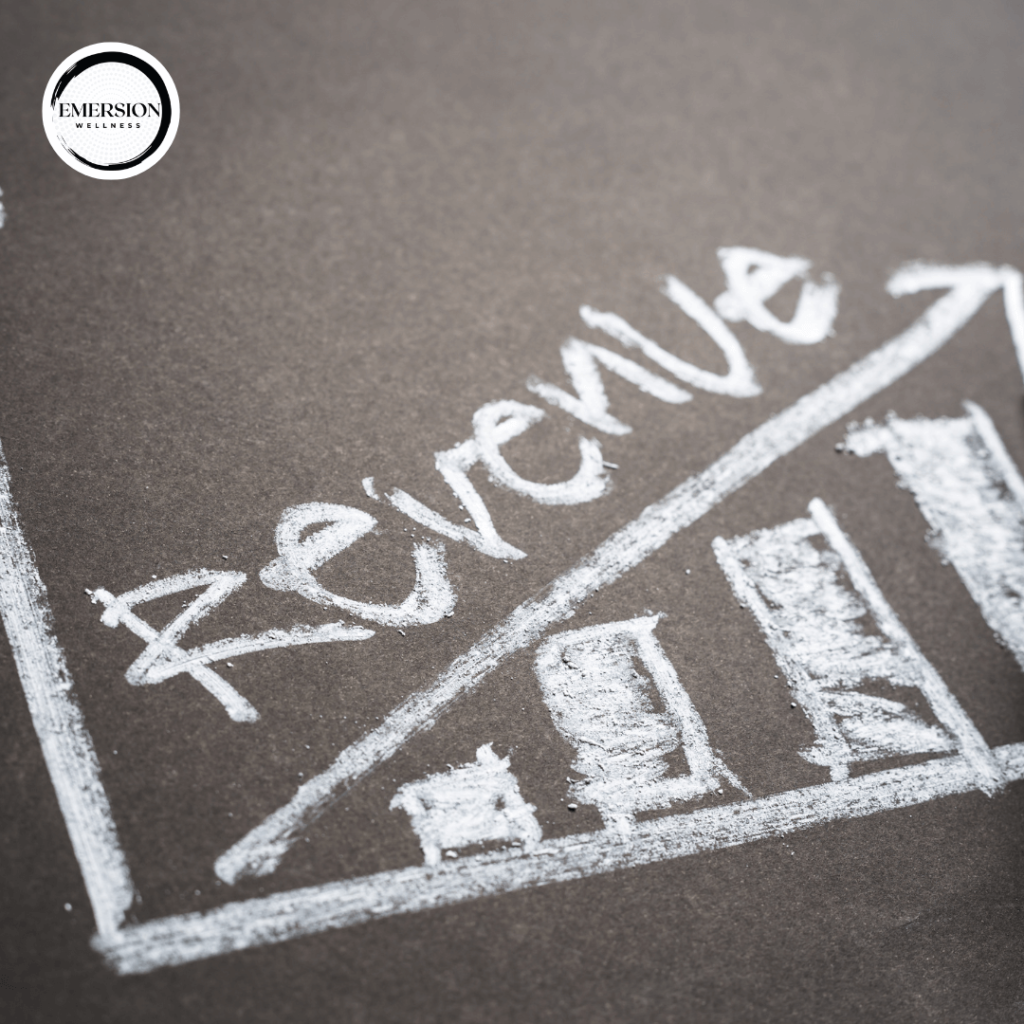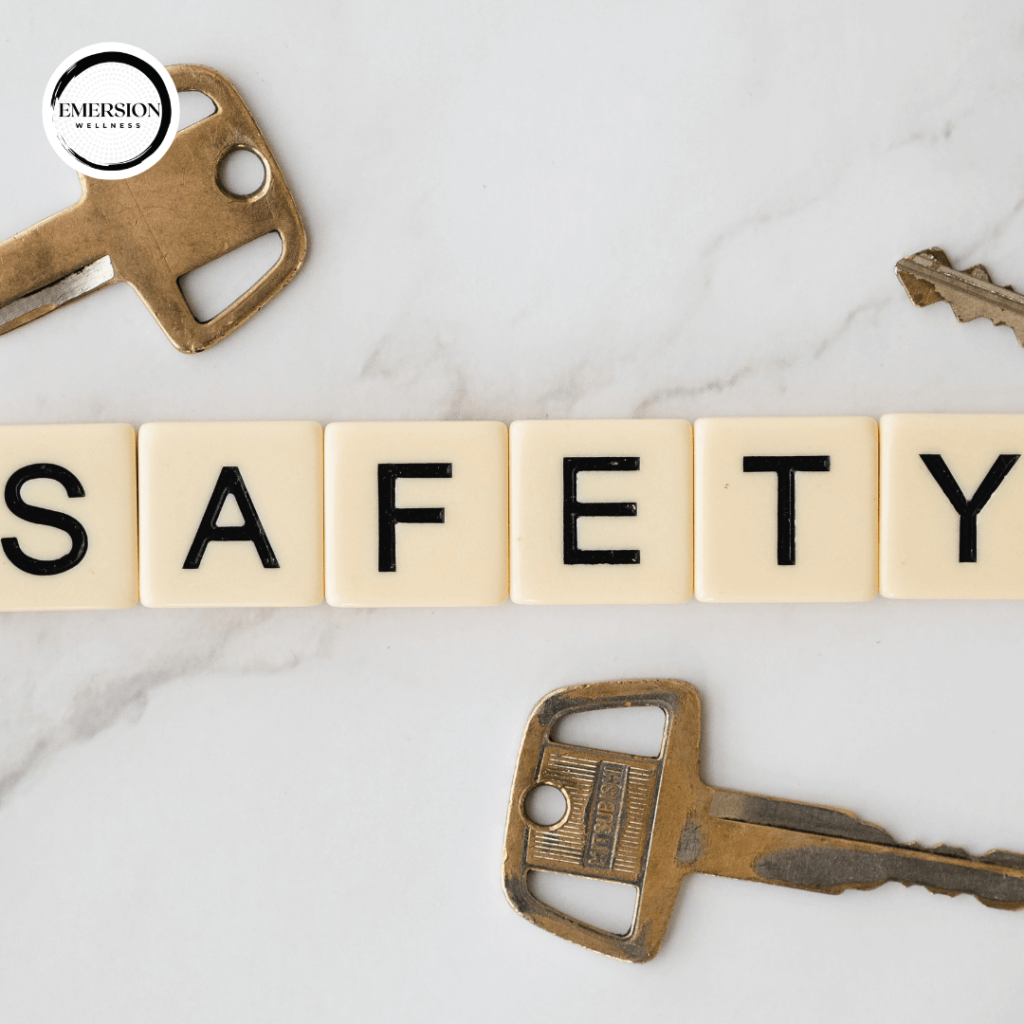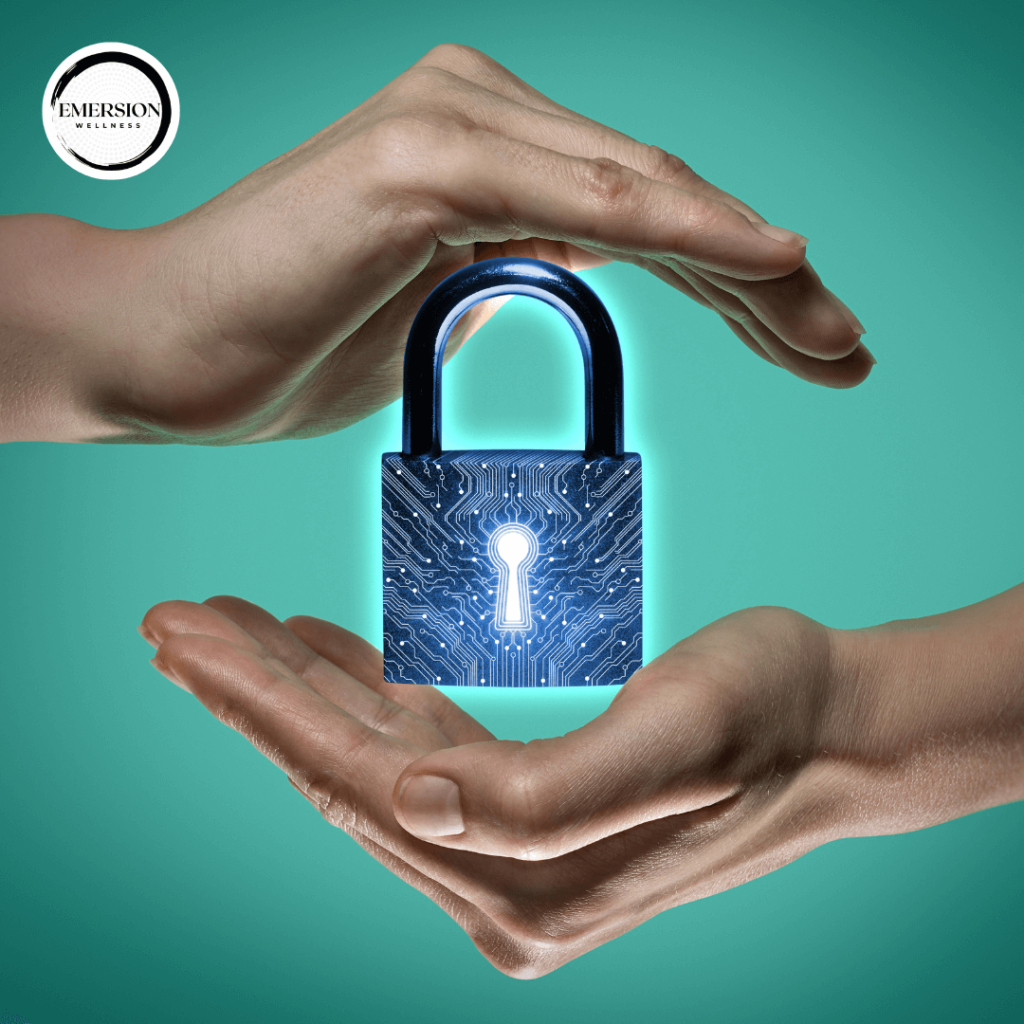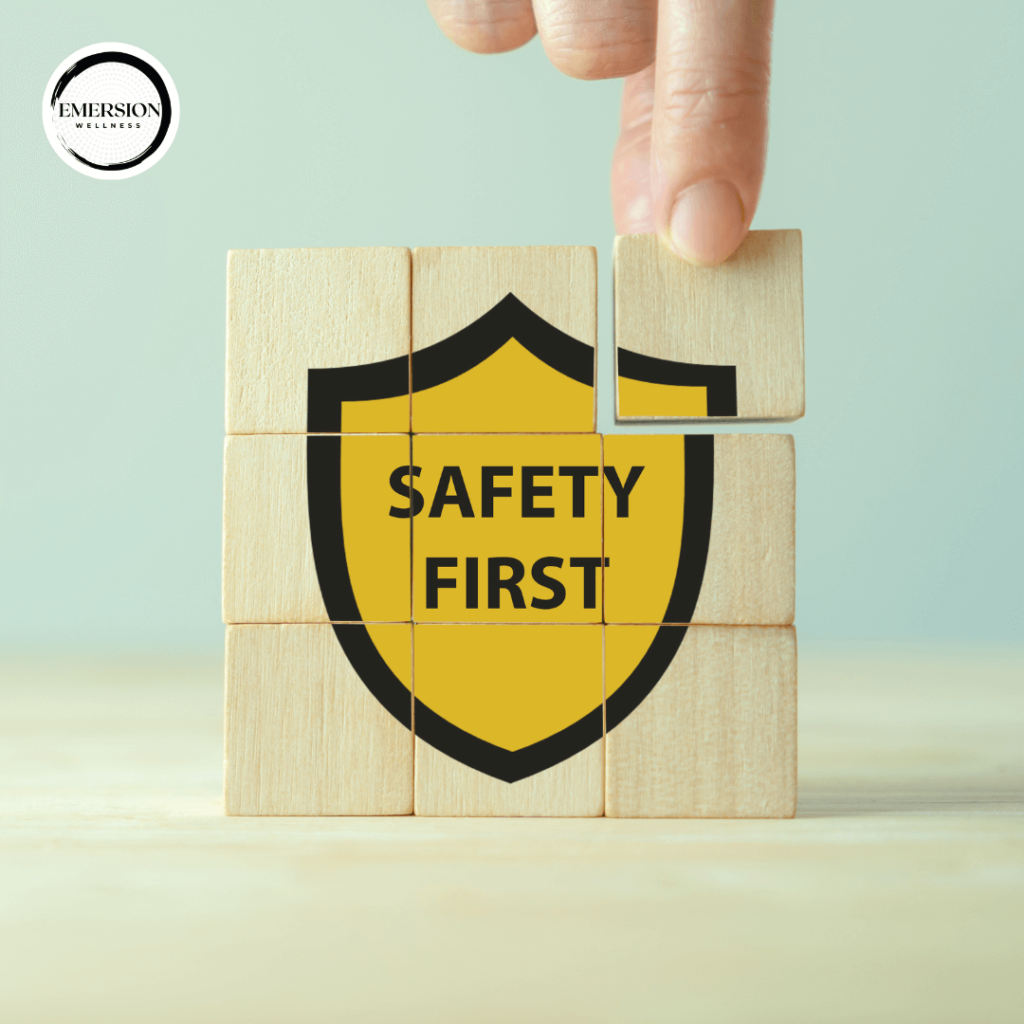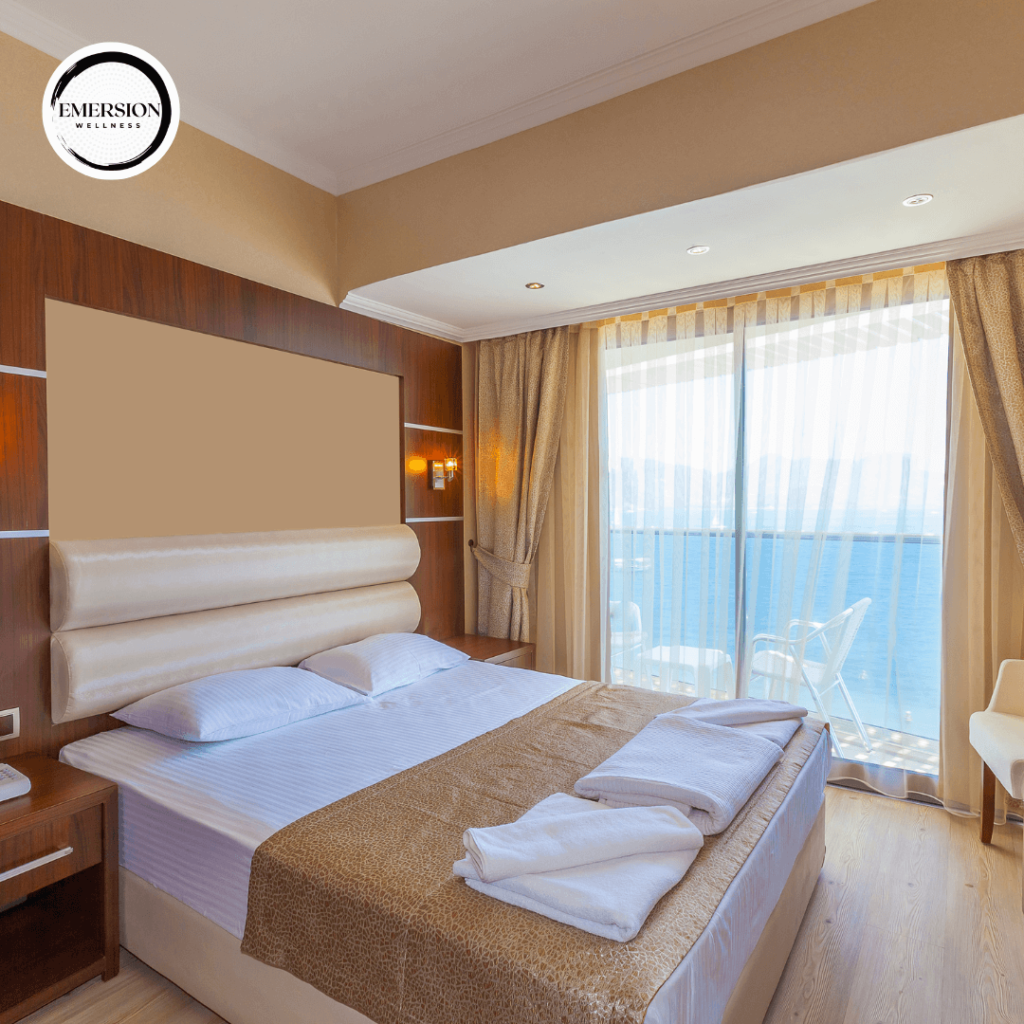Robust Security Department Hotel And Proven Strategies for Enhancing Revenue
In the highly competitive hospitality industry, revenue maximization is a critical objective for hotel operators. A robust security department hotel can significantly contribute to this goal. Emersion Wellness, with its extensive experience in hospitality consulting, offers expert advice on how to leverage your security team to boost hotel revenue. By integrating real-life examples and industry insights, we provide actionable strategies for hoteliers to enhance their profitability.
Key Takeaways:
- Importance of a well-trained security department
- How security impacts guest satisfaction and revenue
- Integrating technology with security for better outcomes
- Case studies of successful security strategies in hotels
The Importance of a Well-Trained Security Department
Training and Development Programs
A well-trained security department is the backbone of a hotel's safety protocol. Continuous training and development programs ensure that security personnel are equipped with the latest skills and knowledge to handle any situation. From crisis management to guest relations, a comprehensive training regimen can significantly enhance the efficiency and effectiveness of your security team.
Real-Life Example: At a luxury resort in Bali, a regular training program for the security team led to a 20% increase in guest satisfaction scores. The program focused on proactive threat detection and guest interaction, ensuring a safe and welcoming environment for all visitors.
Employee Engagement and Retention
Investing in your security staff's professional growth fosters loyalty and reduces turnover rates. High turnover in the security department can disrupt operations and lead to increased costs. Employee engagement initiatives, such as career advancement opportunities and recognition programs, can help retain top talent.
Integrating Soft Skills
Security personnel often interact with guests, making soft skills essential. Training programs should include modules on communication, empathy, and conflict resolution. These skills enable security staff to handle delicate situations with tact and professionalism, enhancing the overall guest experience.
Crisis Management and Preparedness
A well-prepared security team can mitigate risks and ensure swift responses to emergencies. Regular drills and scenario-based training can improve the team's readiness for various crises, from natural disasters to security threats. This preparedness not only protects guests but also minimizes potential revenue losses due to negative publicity or operational disruptions.
Leveraging Technology in Training
Incorporating technology into training programs can enhance learning outcomes. Virtual reality (VR) simulations, for instance, provide immersive training experiences that help security personnel practice real-life scenarios in a controlled environment. This approach can significantly improve their ability to handle actual emergencies effectively.
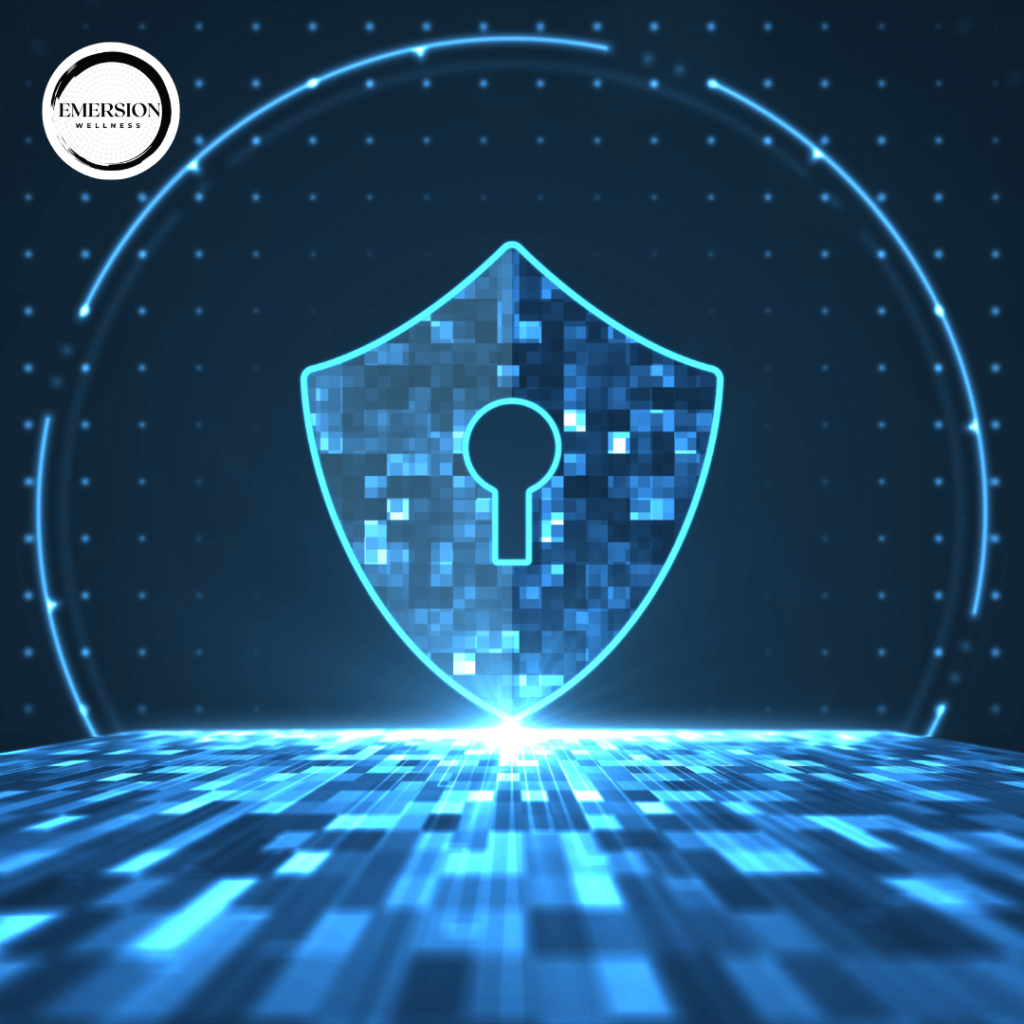
Also, see 6 Proven Hotel Room Security Measures to Boost Revenue and Enhance Guest Experience
The Impact of Security on Guest Satisfaction and Revenue
Enhancing Guest Experience
A secure environment is fundamental to a positive guest experience. When guests feel safe, they are more likely to enjoy their stay and return in the future. Additionally, positive reviews about the hotel's safety can attract new customers, boosting occupancy rates and revenue.
Statistics: According to a study by J.D. Power, hotels with higher security ratings experience a 15% increase in guest satisfaction scores. This correlation underscores the importance of a robust security department in driving revenue growth.
Building Trust and Loyalty
Guests are more likely to become repeat customers if they trust the hotel's security measures. Implementing visible security protocols, such as surveillance cameras and access control systems, can reassure guests of their safety. Loyalty programs that emphasize security can also enhance guest retention.
Reducing Liability and Legal Costs
A strong security department can help mitigate legal risks associated with guest safety incidents. By preventing incidents such as theft or assault, hotels can avoid costly lawsuits and compensation claims. This proactive approach not only protects the hotel's reputation but also contributes to its financial stability.
Promoting Safety in Marketing Campaigns
Highlighting your hotel's security features in marketing campaigns can differentiate you from competitors. Emphasize safety measures such as 24/7 surveillance, secure access points, and trained security personnel. These elements can appeal to safety-conscious travelers and enhance your hotel's marketability.
Integrating Security with Customer Service
Security personnel should be trained to provide excellent customer service. A friendly and approachable security team can enhance the guest experience and contribute to positive reviews. Integrating security and customer service training can create a cohesive team that prioritizes both safety and hospitality.
Integrating Technology with Security for Better Outcomes
Surveillance and Monitoring Systems
Investing in advanced surveillance and monitoring systems can significantly enhance hotel security. High-definition cameras, motion detectors, and facial recognition technology can help prevent incidents and identify potential threats. These systems should be strategically placed throughout the property to ensure comprehensive coverage.
Real-Life Example: A luxury hotel in New York City implemented a state-of-the-art surveillance system, resulting in a 30% decrease in theft incidents. The hotel's management attributed this success to the system's advanced analytics and real-time monitoring capabilities.
Access Control Systems
Modern access control systems, such as key card entry and biometric authentication, can enhance security by restricting unauthorized access. These systems can be integrated with guest management software to streamline check-in processes and improve operational efficiency.
Mobile Security Applications
Mobile security applications enable real-time communication and coordination among security personnel. These apps can provide instant alerts, incident reporting, and location tracking, enhancing the team's responsiveness and effectiveness. Guests can also use mobile apps to report suspicious activities or request assistance.
Cybersecurity Measures
In today's digital age, cybersecurity is an integral part of hotel security. Implementing robust cybersecurity measures can protect guest data and prevent cyber-attacks. Regular audits and updates to security protocols are essential to safeguard sensitive information and maintain guest trust.
Data Analytics and Predictive Security
Data analytics can provide valuable insights into security trends and patterns. Predictive security systems use artificial intelligence (AI) to analyze data and predict potential threats. By leveraging these technologies, hotels can proactively address security issues and enhance overall safety.
Case Studies of Successful Security Strategies in Hotels
The Ritz-Carlton, Tokyo
The Ritz-Carlton, Tokyo, is renowned for its exceptional security measures. The hotel employs a comprehensive security strategy that includes advanced surveillance systems, rigorous training programs, and a dedicated security team. These measures have earned the hotel high marks for guest safety and satisfaction.
Outcome: The hotel's robust security protocols contributed to a 25% increase in repeat guest bookings. Guests cited safety as a key factor in their decision to return.
Four Seasons Hotel, Sydney
The Four Seasons Hotel in Sydney implemented an innovative security strategy that combines technology and human expertise. The hotel uses AI-powered surveillance systems and employs a highly trained security team to monitor and respond to incidents.
Outcome: This approach resulted in a 40% reduction in security incidents and a significant boost in guest satisfaction scores.
Marriott International's Global Security Program
Marriott International has established a global security program that sets industry standards for hotel safety. The program includes comprehensive training, advanced technology integration, and collaboration with local law enforcement agencies.
Outcome: Marriott's commitment to security has enhanced its brand reputation and attracted safety-conscious travelers, leading to increased revenue across its properties.
The Peninsula, Hong Kong
The Peninsula, Hong Kong, prioritizes guest safety through a combination of visible security measures and discreet protocols. The hotel employs highly trained security personnel and uses state-of-the-art surveillance technology to ensure a secure environment.
Outcome: The hotel's security measures have garnered positive reviews and contributed to its status as a top luxury destination.
Emersion Wellness' Hotel Security Consulting
Emersion Wellness has successfully advised numerous hotels on enhancing their security protocols. Our expertise in integrating technology, training programs, and customer service has helped hotels improve guest satisfaction and revenue.
Outcome: Hotels that implemented our recommendations experienced a 15-30% increase in revenue, driven by higher occupancy rates and guest loyalty.
The Role of Security in Enhancing Ancillary Revenue Streams
Maximizing Spa and Wellness Services
A secure environment encourages guests to utilize on-site amenities such as spas and wellness centers. Highlighting the safety measures in these areas can attract guests seeking relaxation and rejuvenation. Emersion Wellness' weight loss program is a prime example of how integrating wellness services can boost hotel revenue.
Real-Life Example: A resort in Thailand partnered with Emersion Wellness to offer a comprehensive wellness package, including spa treatments and fitness programs. The initiative resulted in a 20% increase in spa revenue and higher guest satisfaction.
Boosting Food and Beverage Sales
Security measures play a crucial role in food and beverage operations. Ensuring a safe dining environment can attract more guests to your restaurants and bars. Visible security personnel and secure access points can enhance the dining experience and encourage guests to spend more.
Enhancing Event and Conference Hosting
Hotels with robust security protocols are more likely to attract event planners and conference organizers. Ensuring the safety of attendees is a top priority for event hosts. By showcasing your security measures, you can position your hotel as a premier venue for events and conferences.
Promoting Safe and Secure Parking Facilities
Secure parking facilities are an essential amenity for guests. Implementing advanced security measures, such as surveillance cameras and controlled access, can enhance the safety of parking areas. This not only improves guest satisfaction but also generates additional revenue through parking fees.
Implementing In-Room Safes and Secure Storage
Providing in-room safes and secure storage options can enhance guest confidence and encourage longer stays. Guests are more likely to book extended stays if they feel their valuables are secure. Highlighting these features in your marketing materials can attract security-conscious travelers.
Conclusion
A robust security department is a critical component of a successful hotel. By investing in training, technology, and comprehensive security strategies, hotels can enhance guest satisfaction, reduce liability, and boost revenue. Emersion Wellness offers expert consulting services to help hotels implement effective security measures and maximize their profitability. Contact us today to learn more about how our innovative revenue-generating ideas can transform your hotel's performance. Additionally, explore our weight loss program to further increase revenue through enhanced guest experiences in your spa, fitness center, and dining outlets.
FAQs
What is the role of a security department in a hotel?
The security department is responsible for ensuring the safety and security of guests, staff, and property. This includes monitoring surveillance systems, managing access control, conducting regular patrols, and responding to incidents. A robust security department can significantly enhance guest satisfaction and revenue by providing a safe environment.
How does hotel security impact revenue?
Hotel security directly impacts revenue by influencing guest satisfaction and loyalty. Guests are more likely to return and recommend a hotel if they feel safe. Additionally, robust security measures can reduce liability and legal costs, attract event planners, and promote the use of on-site amenities, all of which contribute to increased revenue.
What are the best practices for training hotel security personnel?
Best practices for training hotel security personnel include comprehensive training programs that cover crisis management, guest relations, and the use of technology. Regular drills and scenario-based training can improve preparedness. Emphasizing soft skills, such as communication and empathy, is also essential for effective guest interactions.
How can technology enhance hotel security?
Technology can enhance hotel security through advanced surveillance systems, access control mechanisms, and mobile security applications. These technologies provide real-time monitoring, incident reporting, and predictive analytics, enabling security personnel to respond swiftly and effectively to potential threats.
What are the benefits of a well-trained security team?
A well-trained security team can prevent incidents, respond effectively to emergencies, and enhance guest satisfaction. Training programs that focus on crisis management, guest relations, and technology use can improve the team's efficiency and effectiveness, contributing to overall hotel revenue and reputation.
How can hotels promote their security measures to attract guests?
Hotels can promote their security measures through marketing campaigns that highlight visible security protocols, such as surveillance systems and access control. Emphasizing the safety of on-site amenities and providing reassurances in promotional materials can attract safety-conscious travelers and enhance guest trust.
What role does cybersecurity play in hotel security?
Cybersecurity is crucial for protecting guest data and preventing cyber-attacks. Implementing robust cybersecurity measures, such as firewalls, encryption, and regular audits, can safeguard sensitive information and maintain guest trust. Cybersecurity is an integral part of a comprehensive hotel security strategy.
How can hotels use data analytics for security purposes?
Data analytics can provide insights into security trends and patterns, enabling hotels to predict and address potential threats proactively. Predictive security systems that use artificial intelligence (AI) can analyze data from various sources to enhance security measures and improve overall safety.
What are some successful examples of hotel security strategies?
Successful examples of hotel security strategies include the Ritz-Carlton, Tokyo's comprehensive security protocols, the Four Seasons Hotel, Sydney's AI-powered surveillance systems, and Marriott International's global security program. These hotels have implemented advanced technologies and rigorous training programs to ensure guest safety and enhance revenue.
How can Emersion Wellness help hotels maximize revenue through security measures?
Emersion Wellness offers expert consulting services to help hotels implement effective security measures. Our recommendations focus on integrating technology, training programs, and customer service to enhance guest satisfaction and revenue. Additionally, our weight loss program can further increase revenue through enhanced guest experiences in spa, fitness, and dining outlets. Contact us today to learn more about our innovative revenue-generating ideas.

I'm Nathan Baws, a nutrition nerd, exercise and weight loss expert, and an unwavering advocate for good health. As the founder of Emersion Wellness, I'm passionate about crafting Seamless Weight Loss Programs to supercharge hotel revenue and transform lives. We've pioneered the World's First Plug & Play Weight Loss Programs for top hotels and resorts, sparking a wellness revolution. Beyond my professional journey, you'll often find me hiking, swimming, and riding the waves, embracing every moment in nature. Join me on this exhilarating journey towards diet, health and wellness.
